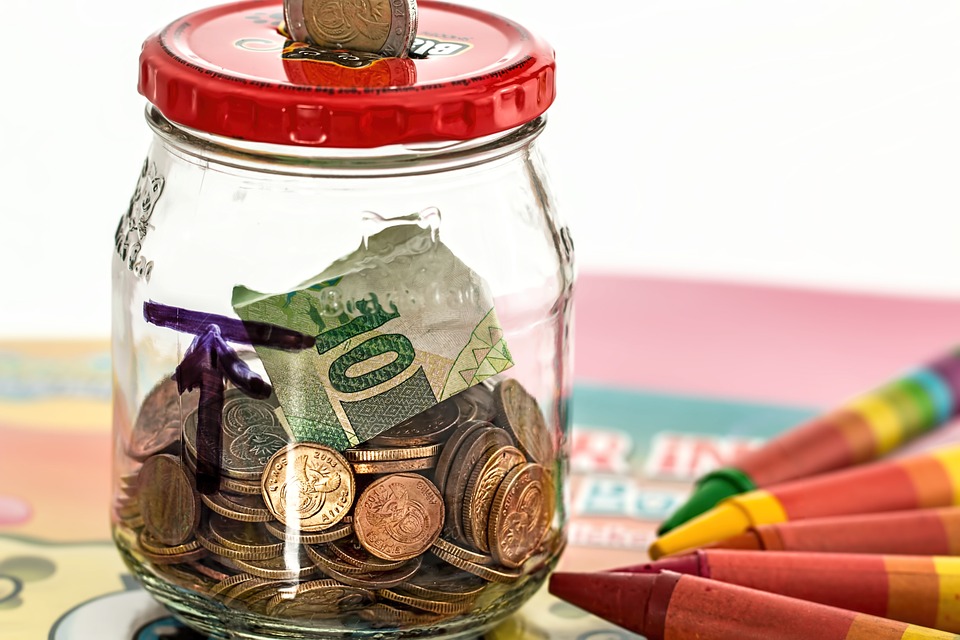
Is your teenager already showing signs of money irresponsibility? Maybe you should have taught them about finances when they were little kids. Don’t worry, though. Money experts say it’s not too late to teach your kids how to build a budget. In the interest of happy families and easier money management, we’re pleased to present the following advice about how and when to teach youngsters ways to be savvy with their cash.
Age-appropriate money lessons
There are perfect ages to teach your kids certain concepts about cash. Between the ages of two and three is a great time to begin giving toddlers a rudimentary explanation about money. A senior research scientist at Yale, Dorothy Singer, says that very young kids are not quite ready to grasp the value of money but can learn the names of coins. Start with a fun identification game. Supervise kids as they trace around coins of different denominations. Color in the shapes and talk about the name of each coin. Explain how a dime, although smaller than a nickel, is worth more. They won’t get the idea of “worth” until they’re somewhat older, but it’s a good place to start. Set up a “store” in the game room and let kids exchange play money for empty cereal boxes and other grocery items, says Parents magazine.
Youngsters aged four and five are ready to handle a bit more money information. Let them use child-safe scissors to clip coupons before grocery shopping day. Six- and seven-year-olds may be old enough to receive a small weekly allowance. Open a bank savings account in their name, and teach your child the joy of tucking away some money every week. Spend some, share some, and save a little extra for a special future purchase.
Save for a reasonable goal
When your child wants a new toy, let them save money toward the purchase and offer to meet them halfway. Choosing a goal that can be attained within a few weeks sets your kid up for success. Say your child has a $10 toy in mind. If they save half of a $2 weekly allowance, they can amass their half of the price in five weeks. Match their five, buy the toy and let your child feel proud that they made a financial goal and reached it. This small act may improve your kid’s money management skills for the rest of their life, say money pros at Forbes magazine.
Set a good example
If your own money skills have been lax, don’t hesitate to consult with a credit counselor who may help you get back on the right track. Check here to learn more about credit card consolidation and other savvy ways to put your money life back together.
Kids who learn how to handle money at a young age tend to be smarter consumers as adults. Show your little ones how to spend, save, and share.